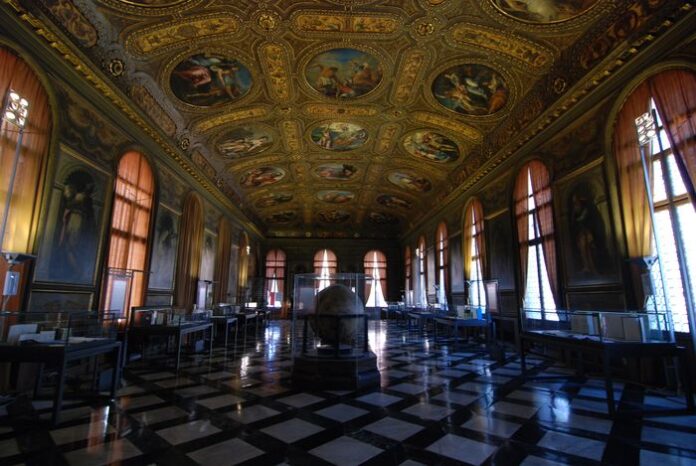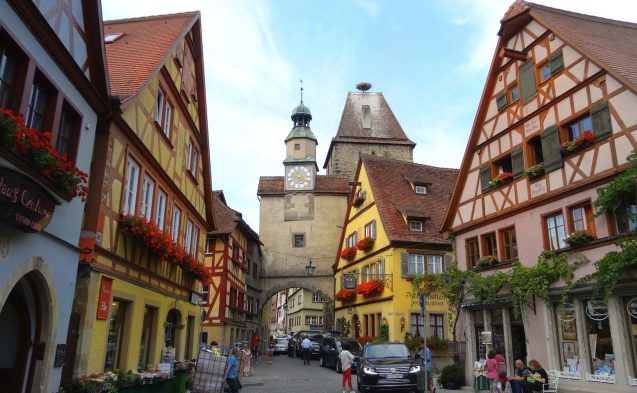The Work of Missionaries
Protestant missionaries from the United States have been active in Bulgaria ever since the country gained its independence. The missionary work is divided between two main groups: the Methodists, who focus on the area north of the Balkan Mountains, and the American Board of Foreign Missions, who work in the southern part of the country and Eastern Rumelia Philippopolis a Historic and Vibrant City.
The Bulgarian Response to Missionaries
The Bulgarian people generally appreciate the work of the missionaries and recognize the positive impact they have had. Many Bulgarians speak highly of them and mention the good deeds they have done, especially in education, healthcare, and charity. The newspapers also speak well of the missionaries’ contributions.
Government officials in Bulgaria also praise their efforts, especially their work in education and charity. However, the government is not supportive of their religious work. While they allow the missionaries to help the people by educating them, caring for the sick, feeding the hungry, and providing clothes, the government does not approve of the missionaries’ attempts to convert the people from the Greek Orthodox faith to Protestantism Daily Ephesus Tour.
Opposition from the Greek Church and Other Groups
The Greek clergy generally oppose the missionaries, and they can sometimes be hostile or even fanatical in their opposition. However, this opposition is mostly found in smaller towns and rural areas. In larger cities, where there is a more cosmopolitan attitude, people tend to be more open-minded.
The Turkish population in Bulgaria has little to say about the missionaries, but they are generally more friendly to the Protestants than they are to the Greeks. Turkish people treat the missionaries with respect, and there are rarely any conflicts between the American missionaries and the Turkish people.
Russian Influence and Support for Missionaries
The Russians, who have more political influence in Bulgaria than any other foreign group, are even more opposed to the missionary work than the local Bulgarians. This opposition comes from the Russians’ strong connection with the Greek Orthodox Church and their traditional belief that the common people should not receive much education. Despite this, Russian residents in Bulgaria are often friendly toward missionaries, depending on the individual personalities involved. For example, Miss Stone, a well-known missionary, is a favorite among both Russian residents and the broader community, and when she was in danger, the Russian community showed great concern for her safety.
Methodist Missionary Work in Northern Bulgaria
Methodist Churches and Missionary Presence
In northern Bulgaria, the Methodists have a solid presence. They have eight places of worship, which are valued at $31,500. Most of these churches also have parsonages (homes for the ministers).
The Methodist community in northern Bulgaria includes:
Eleven missionaries (both American and native), 434 communicants (members of the church), 43 probationers (people in training to become church members), 13 schools with a total of 328 students.
These efforts show the strong and ongoing influence of the missionaries in the region.








